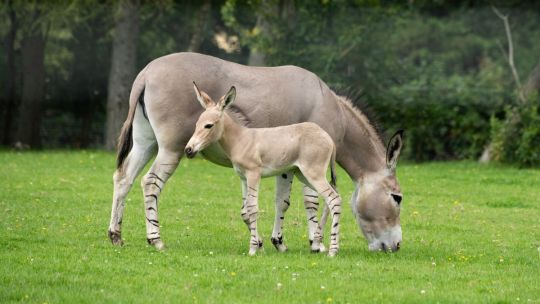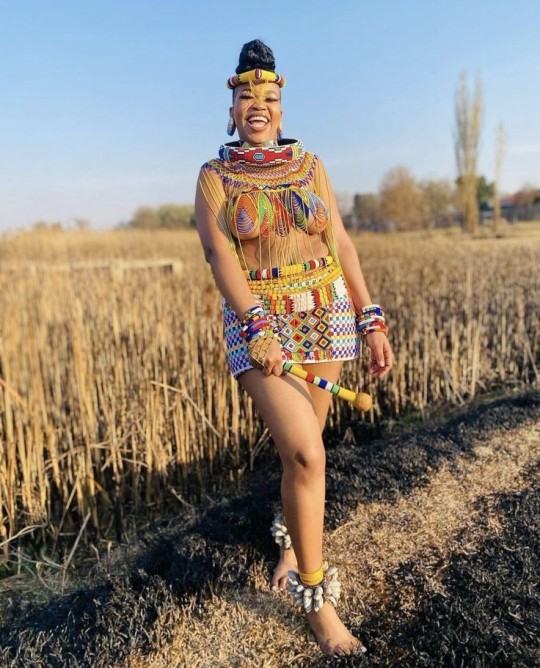#African kingdom
Explore tagged Tumblr posts
Text

794 notes
·
View notes
Text

Sayed
#afrocentric#moors#afrofuturism#africanart#africa#african king#moorishking#mansa musa#history#African kingdom#blackprince#beautiful black men#love black men#lovemelanin#kemet#nubianroyalty#black men#black royalty#west africa#black men are kings#black men are beautiful#black king
93 notes
·
View notes
Text

28 notes
·
View notes
Text
Bunyoro-Kitara Kingdom in Western Uganda - One Of The Strongest Kingdoms in Central and East Africa
In Western Uganda, there’s a Bantu kingdom known as Bunyoro, or Bunyoro-Kitara. From the 13th until the 19th centuries, it was one of the strongest kingdoms in Central and East Africa. Other names for the Bunyoro people include Nyoro or Banyoro. (Munyoro, in singular) Nyoro, often referred to as Runyoro, is the language used. Big game hunting, which included capturing lions, crocodiles,…

View On WordPress
#African History#African kingdom#Bantu History#Bantu kingdom#Bunyoro#Bunyoro-Kitara#Bunyoro-Kitara Kingdom#central africa history#East Africa history#Western Uganda
2 notes
·
View notes
Text

Zoskales (Ancient Greek: Ζωσκάλης) (c. 100 CE) was an ancient King in the Horn of Africa. His realm included the ancient city of Adulis in modern day Eritrea.

The Periplus of the Erythraean Sea mentions Zoskales as the ruler of the port of Adulis in Eritrea. According to the ancient sources he was miserly but otherwise upright. He had a Greek education.
At least as early as Henry Salt, some scholars, including Sergew Hable Sellassie and Y. M. Kobishchanov, have identified him with Za Haqala, who is listed in the King Lists of the Kingdom of Aksum as having ruled for 13 years, and who ruled between Za Zalis and Za Dembalé. G.W.B. Huntingford points out, on the other hand, that there is not enough information to be certain of this identification. He argues instead that Zoskales was a petty king whose power was limited to only Adulis
#zoskales#eritrea#aksum#sergew hable#za hagala#greek historian#helen historian#aduis#east africa#ethiopia#horn of africa#african#afrakan#kemetic dreams#brownskin#afrakans#africans#brown skin#african culture#african kingdom
5 notes
·
View notes
Text
youtube
Timbuktu (1255) Ambient Music
#timbuktu#africa#ancient africa#african history#african king#african kingdom#african empire#african art#african queen#african women#african wildlife#african religion#african tribe#african union#african inspired#african proverb#african style#african spirituality#african safari#african folklore#african film#african goddess#african literature#african landscape#african culture#african cinema#african beauty#african music#african mythology#african masks
1 note
·
View note
Text

The African wild ass foal was born at Marwell Zoo in the U.K. on Aug. 20.
(Image credit: Marwell Zoo)



1K notes
·
View notes
Text

head of a ram (pendant) | c. 1400s-1600s | owo kingdom (modern day nigeria)
in the nelson-atkins museum of art collection
246 notes
·
View notes
Text

Benin royalty, particularly the Oba (king), often cover their mouths with a cloth as a sign of respect and to maintain their sacred status, as tradition dictates that the public should not see their teeth, signifying they do not eat or smile openly in public; it's considered a way to uphold the mystique and power of the monarch.
304 notes
·
View notes
Text
gyalz
badgyalzdem
#black women#ebony#black woman#badgyal#black beauty#black beauties#african#black#badgyalz#jada kingdom
201 notes
·
View notes
Text

Kingdom of Benin, Edo, Now Benin City: The Benin Kingdom was a flourishing ancient city situated in modern day Nigeria. During pre colonial era, Benin was one of the many highly developed cultures in Africa. The historical kingdom of Benin was established in the forested region of West Africa in the 1200s C.E. According to history, the Edo people of southern Nigeria founded Benin... The Kingdom of Benin, also known as Great Benin or Benin Kingdom is a kingdom within what is now considered southern Nigeria. Wikipedia
#Kingdom of Benin#Edo#Now Benin City#Monarchy#The ancient great benin empire#Edo Religion#africa#african continent
111 notes
·
View notes
Text

Wisdom of the Savannah
14 notes
·
View notes
Text

22 notes
·
View notes
Text
The History of the Gonja Kingdom in Northern Ghana
The Gonja Kingdom, also known as Gonjaland or Ghanjawiyyu, is a historic kingdom that holds a significant place in the annals of West African history. Its rich and captivating history dates back to 1675, when it was founded by Sumaila Ndewura Jakpa, a visionary leader whose legacy continues to resonate throughout the region. The kingdom was established in the northern region of present-day Ghana,…

View On WordPress
#African History#African kingdom#african kingdoms#Gonja#Gonja Kingdom#medieval African Kingdom#West African#West African history
1 note
·
View note
Text

Aqualtune was an African princess, military leader, and freedom fighter who played a crucial role in the foundation of Quilombo dos Palmares, the largest and most significant maroon community of escaped enslaved Africans in colonial Brazil. She is believed to have been the mother of Zumbi dos Palmares, one of the most legendary figures in the fight against Portuguese slavery. Aqualtune represents Black resistance, leadership, and the enduring strength of African women in the diaspora.
Originally a princess and military commander from the Kingdom of Kongo (in present-day Angola and the DemocrAqualtuneatic Republic of Congo), Aqualtune is said to have led a battalion of 10,000 warriors in battle against the Portuguese. After being captured in war, she was enslaved and transported to Brazil, where she was sold at a slave market in Recife. She endured brutal treatment and was forced into sexual slavery, yet she refused to submit to oppression.
Determined to reclaim her freedom, Aqualtune escaped from enslavement and joined the Quilombo dos Palmares, a self-sufficient African community in the jungles of northeastern Brazil that resisted Portuguese rule for over a century. She quickly became one of its key leaders, organizing strategic defences, training warriors, and reinforcing the quilombo’s resistance against repeated colonial attacks.
It is widely believed that she was the mother or grandmother of Zumbi dos Palmares, the most famous leader of the quilombo, indicating that her legacy of resistance was passed down to future generations. Under her leadership, Palmares expanded, providing a refuge for thousands of escaped enslaved Africans and Indigenous allies, proving that Black people could build and sustain independent societies despite colonial oppression.
Though the exact details of her death remain unclear, Aqualtune’s name is immortalized as one of the greatest African warrior-queens in Brazilian history. She remains a powerful symbol of Black female strength, leadership, and anti-colonial resistance, inspiring Afro-Brazilian movements for cultural pride, social justice, and historical recognition.
Her story highlights the indispensable role of African women in liberation movements, proving that resistance against slavery and colonialism was not just led by men, but by fearless women warriors like Aqualtune, who fought for the survival, dignity, and freedom of their people.
#black history#black people#blacktumblr#black tumblr#pan africanism#black#black conscious#black power#black empowering#africa#Aqualtune#afro brazilian#african princess#black resistance#african history#black woman#Kingdom of Kongo#black freedom fighters
52 notes
·
View notes
